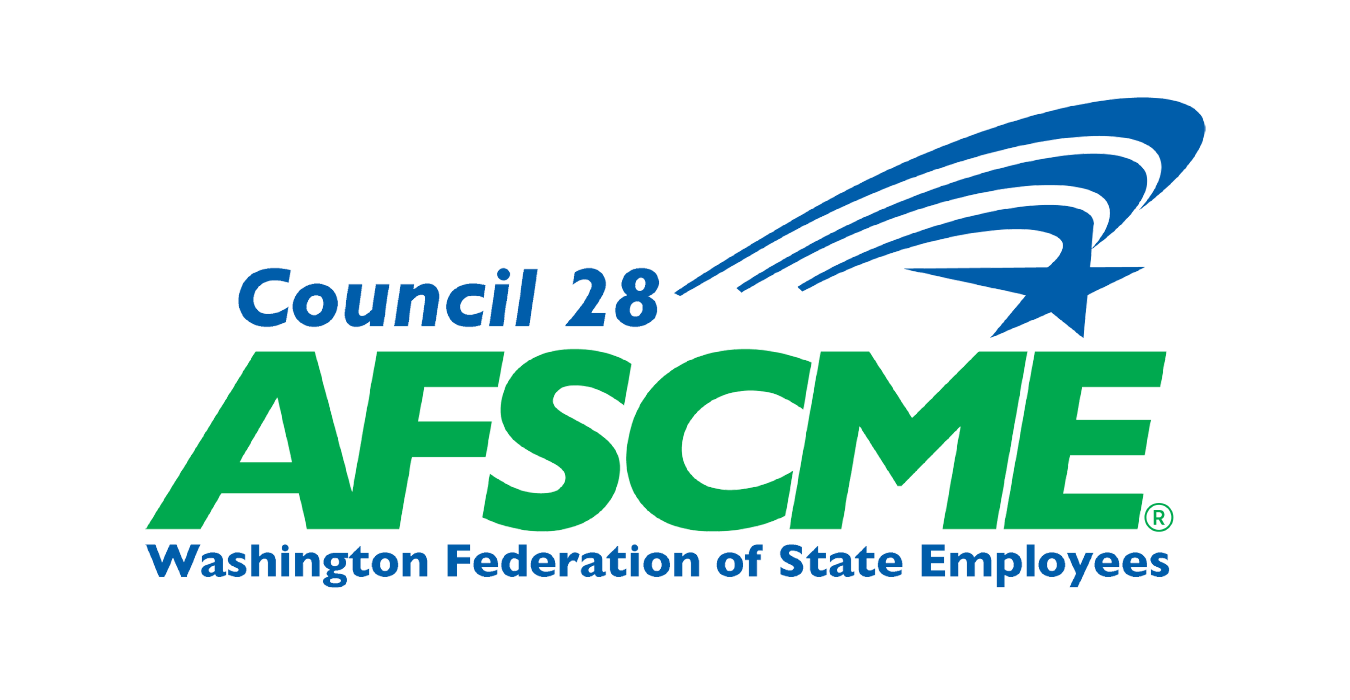Supplemental Budget advocacy moves to Senate (SB 6032)
2/22/18 House, Senate supplemental budgets lauded, but some adjustments called for
In concurrent House and Senate hearings late Tuesday afternoon (Feb. 20), the Federation praised each plan for helping vulnerable people.
But we supported the House budget provisos on Department of Corrections and funding of our health benefits.
The House Appropriations Committee took up its supplemental budget proposal, HB 2299. The committee is scheduled to vote on HB 2299 later today.
The Senate Ways and Means Committee held a hearing on its supplemental budget plan, SB 6032. The committee is scheduled to vote on SB 6032 later today.
Both are similar, especially helping vulnerable people.
Funding for federal compliance requirements in mental health and developmental disabilities gained praise.
“The investments you made in FTEs (staff positions) and infrastructure in our state hospitals and RHCs as well as a myriad other things are going to make these places a safer place to work and provide better treatment,” Federation Lobbyist Matt Zuvich testified on the Senate budget.
A funding staffing model will “go a long way to getting us out of trouble in the future,” AFSCME Council 28 (WFSE) Legislative and Political Action Director Dennis Eagle testified on the House budget.
Expanding the State Operated Living Alternatives (SOLA) program for residents of state residential habilitation centers (RHCs) who want to move there is a “smart operation,” Eagle said.
The House budget’s one-time backfill for three Veterans Administration institutions “will go a long way to help people who have served this country,” Eagle said.
He also praised the House plan for including “badly needed records staff” in the Department of Corrections.
But in a few key areas, Eagle and Zuvich urged the Senate committee to incorporate language in the House budget.
- They urged the Senate to adopt the House’s higher funding rate for our Public Employees Benefits Board benefits. The House proposes $926 per employee per month. That would allow a new virtual diabetes prevention program and lower the waiting period for dental crown replacements from seven to five years in the Uniform Dental Program. The Senate funding rate is $906 a month.
- The House includes but the Senate does not a vendor rate increase for chemical dependency providers in DOC. An increase is “long overdue,” Eagle told the House committee.
- The House plan also does not assume concurrent sentencing in DOC for supervision violations. The Senate has a provision to move away from consecutive sentences, which could translate to staff cuts and public safety issues.
- The House plan also includes funding for our priority bill (SHB 1558) to add institutions workers in high-risk jobs to the Public Safety Employees Retirement System (PSERS). The bill passed the House 89-9 and is now in the Senate Ways and Means Committee.
2/19/18 Senate first out of gate with supplemental budget proposal
The Senate Democratic majority on Monday (Feb. 19) released its proposed supplemental budget – the off-year budget that tweaks the major two-year operating budget adopted last year.
The House plan is expected tomorrow.
Overall, the Senate plan (SB 6032) appears to use increased revenue to help people. We’ll scour it for the pluses and minuses and outline them at the Senate Ways and Means Committee hearing scheduled for Tuesday afternoon. We’ll do the same at the House Appropriations Committee on the House supplemental budget proposal coming out Tuesday (Feb. 20).
The Senate plan commits to fund services for vulnerable citizens and neglected and abused children.
It includes more beds in mental health and for clients in state residential habilitation centers (RHCs) who want to move into State Operated Living Alternatives (SOLA) facilities staffed by AFSCME Council 28 (WFSE) members.
Some other top lines in the Senate supplemental budget proposal: in Higher Education, funds would be increased for the state needs grant for students; adds increases in the new Department of Children, Youth and Families; expands work release capacity in the Department of Corrections; provides funding for one-time backfills for three Veterans Department facilities in Retsil, Orting and Walla Walla; covers fire suppression and response in the Department of Natural Resources; addresses emergency management and disaster relief; and funds a one-time benefit increase for PERS 1 retirees.
We’ll take a close look at concurrent sentencing proposals that might cause job cuts in Community Corrections. And as always we’ll scrutinize funding of our health benefits.
Details online: http://leap.leg.wa.gov/leap/budget/detail/2018/so2018p.asp
1/9/18 AFSCME Council 28 (WFSE) gave applause and raised concerns on the governor’s supplemental budget proposal Tuesday (Jan. 9), this time in the Senate Ways and Means Committee on SB 6032.
Committee Chair Sen. Christine Rolfes (23rd Dist.) praised AFSCME Council 28 (WFSE) and all who testified because the governor’s proposal is the first draft of the separate proposals that the House and Senate will write. Identifying concerns now will help form those later proposals that will become the final supplemental budget.
With that in mind, our Lobbyist Matt Zuvich praised the governor’s plan for investing in more staff in Mental Health, Developmental Disabilities and Juvenile Rehabilitation.
“Those staffing level bumps are going to help a lot to provide services,” Zuvich said. “That population often takes more than one-on-one staffing.”
Zuvich also called for provisions to build on progress made on recruitment and retention of staff and urged support for the request for additional police officers at The Evergreen State College.
He also repeated concerns about the potential reduction in Community Corrections officers from the state’s proposed concurrent consecutive sentencing and the need for caseload help for social workers in the new Department of Children, Youth and Families.
And he called for action on funding of state parks.
“Continuing to use parks user fees as a major method to fund state parks is not the direction we need to continue on,” Zuvich said.
See his testimony at:
https://www.tvw.org/watch/?clientID=9375922947&eventID=2018011078&eventID=2018011078&startStreamAt=4038&stopStreamAt=4177&autoStartStream=true
